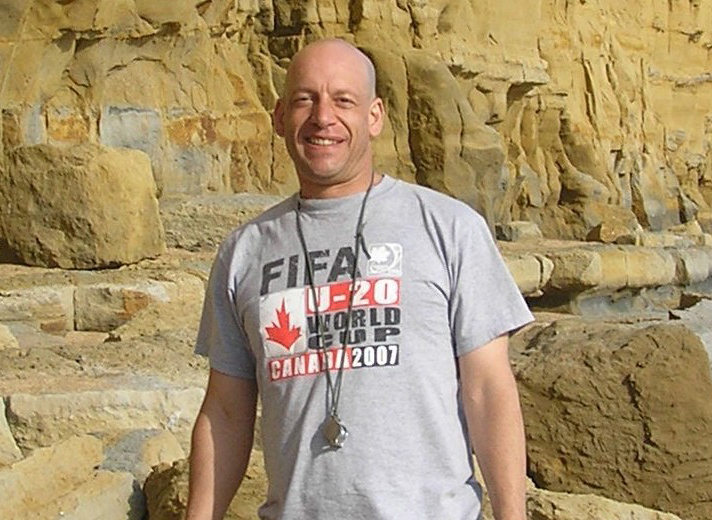
This Friday’s, February 16 session of the 2018 Royal Tyrrell Museum of Palaeontology’s Speaker Series is a presentation by Dr. Jon Noad entitled “Fauna of the Cretaceous Upper Chalk: Adapting to Life in the Soup.” Dr. Noad is the president of Sedimental Services and professor at the University of Alberta.
Chalk seas covered much of the Late Cretaceous world. The White Cliffs of Dover in the United Kingdom are one of the world’s most recognizable remnants of these oceans. Chalk is composed primarily of tiny coccolithophores, tiny circular discs formed as plankton that disintegrated after death. After they died, coccolithophores settled on the floor of the seabed as a thick ooze, forming this Cretaceous chalk.
Fossils in the Cretaceous chalk are often perfectly preserved in the very fine-grained sediment; due to this exceptional preservation, researchers are able to study their morphology (form). Many of the inhabitants appear to show adaptations to living in the soft conditions of the seabed. There are a number of theories suggesting that many organisms evolved odd features to adapt to the living conditions of the chalky seabed.
In his presentation, Dr. Noad will discuss the form and shape of the organisms found in the Cretaceous chalk and the various styles of preservation.
The Royal Tyrrell Museum’s Speaker Series talks are free and open to the public. Presentations are held every Thursday until April 26 at 11:00 a.m. in the Museum auditorium. Speaker Series talks are also available on the Museum’s YouTube channel: youtube.com/c/RoyalTyrrellMuseumofPalaeontology.

























